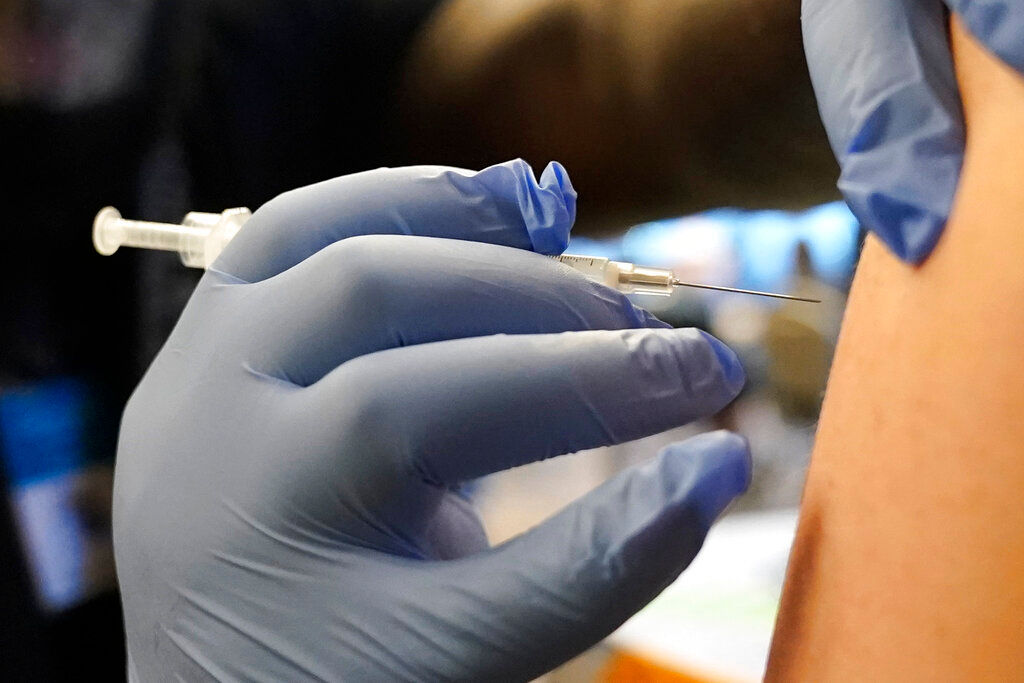According
to reports, it may take longer to modify the interval
between the second COVID-19 vaccine dose and the precaution (booster) dose, since members of
the government’s technical expert panel on immunization have yet to come to a final decision.
“The
matter is being discussed but for anything to be decided conclusively, a
consensus has to be reached. There are voices in favor but also some that feel
the gap is just fine at the moment. The discussion should continue on this in
the next meeting,” said a source who did not want to be identified, to Hindustan Times.
Also read: Explained: How China is using metal barriers to fight COVID-19
The
National Technical Advisory Group on Immunization (NTAGI) had provided
the proposal on the matter. According to research conducted at the ICMR
and other worldwide research organizations, antibody levels diminish after
roughly six months following the initial coronavirus vaccination with both doses, and
delivering a booster boosts the immune response.
Dr
Rajeev Jayadevan, co-chairman of the Indian Medical Association’s (IMA)
national task force on coronavirus, said of his research into the gap between
the second and precautionary doses, “As per our research, if a person
is opting for the third dose and has very recently taken the second dose, then
it did not make any difference. In other words, if a person is already
protected with a second dose very recently and gets the third dose, it did
not make a difference, at least in our study. But we looked at people who
waited longer, at least six months or longer after the second dose. We found
that adding a third dose made a difference in the number and severity of
infections.”
Also read: Unusual hepatitis in children explained: CDC releases new clinical details
Adar
Poonawalla, the chief executive officer of the Serum Institute of India (SII),
has consistently argued for decreasing the interval to six months.
On
January 10, a precaution dosage was made available via the national Covid
immunization program for high-risk individuals, before the government decided
to offer it to all adults starting April 10.
The
Centre confirmed that the precautionary doses will be homologous, meaning that
your third dose will be a vaccine of the same company as your first and second.
Also read: South Africa warns of 5th wave, driven by BA.4, BA.5 omicron sub-variants
Because
multiple trials are presently underway in the country to find the impact of
existing COVID-19 vaccines as boosters, the government has not yet authorized mixing and
matching of precaution doses.







